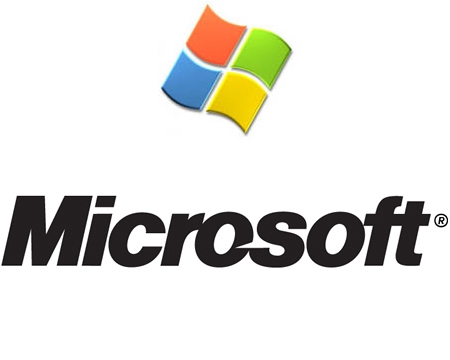| Microsoft Asks For Help On The Future Of .NET - Where Do We Start? |
| Written by Mike James | |||
| Monday, 30 April 2018 | |||
|
.NET was a revolution and even the Microsoft haters have to give it some credit in this direction. Today Microsoft's vision is to do what everyone else is doing and innovation is long gone. Microsoft has gone from leader to follower, but now we can fill in a survey to help plan the future of .NET. A bit late, I say.
One of the problems with .NET is that programmers who encounter it now for the first time have very little idea of where it came from or why it was important. If your first encounter with .NET is .NET core, you must be wondering what the fuss is/was about. Back in the day, 2002, when .NET was first introduced we were still using Visual Basic 6 or C/C++ to program Windows applications. It wasn't exactly primitive, but .NET introduced a new language, C#, that was built after seeing the mistakes that Java had made; and a managed code environment that was much better than the raw native code that was so error- and insecurity-prone. In fact the only thing that .NET did wrong was to kill off VB6 - it should have been allowed to coexist for those wanting to use it. Instead Microsoft provided as its replacement VB .NET, which added nothing that C# didn't already have. The important point was that the managed code environment of C#/VB.NET was radical and only Microsoft and Windows had it. Now add in the amazing idea that programming for the web should be the same as programming for the desktop - which was ASP.NET's original intention - and you have a total revolution. The only problem with ASP.NET's web form approach is that it was a bit ahead of its time and it did, and does, have problems. The important point is that Web forms may have had problems but it was a great idea and something entirely new. And again only Microsoft and Windows had it. Then we had the dark time when chaos ruled. A manager, Steven Sinofsky, who has since left Microsoft, taking $14M of stock with him for a 1-year non-compete, decided that all would be thrown out in favor of something completely new and completely uninspiring. WinRT eventually evolved into Windows Universal Platform - which is as universal as running under Windows 10 and only Windows 10 can be. In the upheaval we lost Silverlight - possibly the best chance Microsoft ever had of a really universal platform. Not only are Win Forms and Web forms legacy technology, but so too is WPF, which is possibly the most advanced and well engineered UI Framework to date. All gone. Perhaps we could mourn for them if only Microsoft would make clear what the future holds. But instead it ignores comments on UserVoice and then asks for information as part of a survey - which will probably be ignored as well. The open sourcing of .NET into .NET Core is a reasonable step, but it left everything else behind. Today the .NET Framework is legacy, no matter how much reassurance Microsoft provides, because .NET Core is the future. But .NET Core doesn't have a GUI stack. What good is that?
You can repeat the argument for many of the other now legacy "pillars of .NET" but WPF and XAML are the best examples of cutting edge technology that made .NET attractive. In the web area what do we have? MVC and some strange mixing of C# and HTML, which is a throwback to the worse PHP style of programming. Why would anyone adopt ASP.NET today? I suppose you could ask why would any stick with ASP.NET after having web forms relegated to legacy status. If you have to learn something new you have the whole world to pick from and Microsoft now makes this even more possible. It supports everyone else's technology which I suppose is good, but it has nothing to add - perhaps with the notable exception of TypeScript which is, of course, also by the original designer of .NET - Anders Hejlsberg. The problem is that programmers new to the Microsoft stack just want it to evolve towards whatever is currently trendy - Python, Node.js, Electron ... - and have no idea that once Microsoft had its own ideas that were occasionally trendy. Go and do the survey and try to make the Microsoft team understand what they have lost.
More InformationHelp us plan the future of .NET! Related ArticlesSilverlight Bridge To UWP Apps Not Dumping .NET - Microsoft's Method Dumping .NET - Microsoft's Madness The War At Microsoft - Managed v Unmanaged Windows and .NET - the coming storm To be informed about new articles on I Programmer, sign up for our weekly newsletter, subscribe to the RSS feed and follow us on Twitter, Facebook or Linkedin.
Comments
or email your comment to: comments@i-programmer.info |
|||
| Last Updated ( Monday, 30 April 2018 ) |





